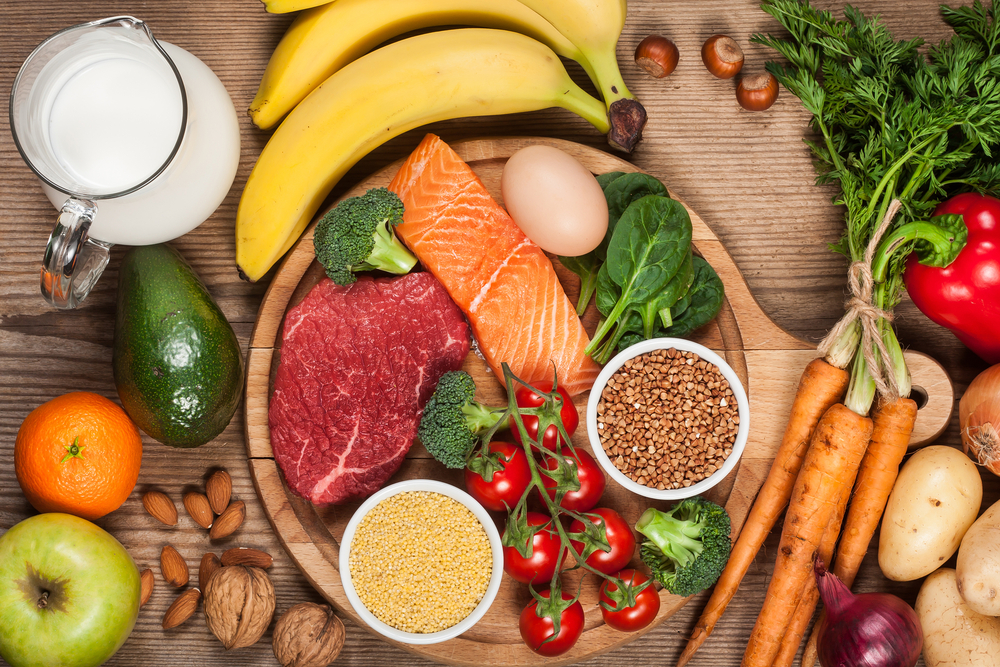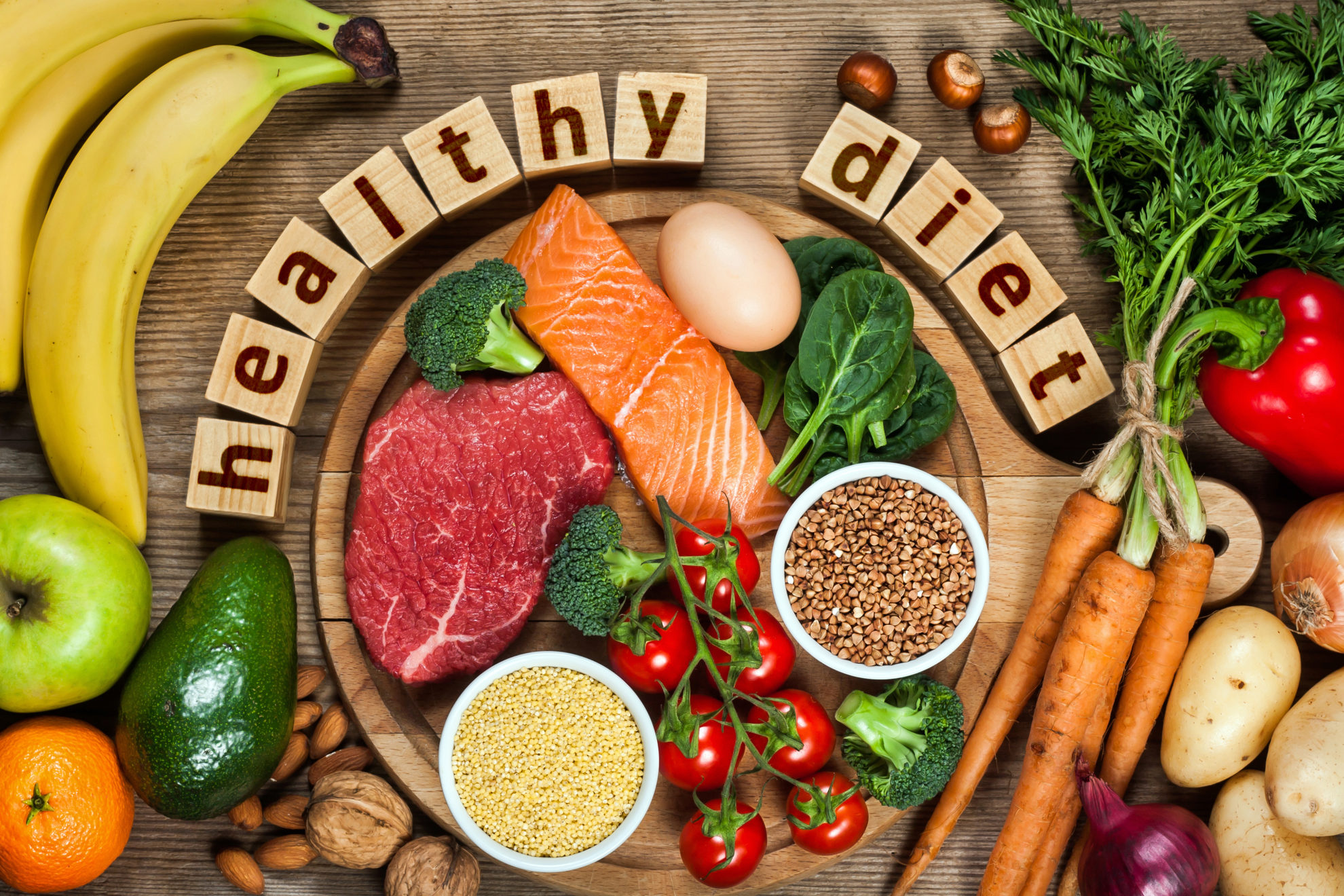A Healthy Well Balanced Diet
Thursday, January 26, 2023
Edit

Introduction
Having a healthy, well balanced diet is important for everyone, but it can be difficult to know exactly what that means. Eating a balanced diet means getting the right types and amounts of foods and drinks to supply nutrition and energy for maintaining body cells, tissues, and organs, and for supporting normal growth and development. In this article, we will discuss what a healthy, well balanced diet looks like and how it can benefit your health.The Basics of a Healthy, Well Balanced Diet
A healthy, well-balanced diet should include a variety of foods from the five food groups: fruits, vegetables, proteins, grains, and dairy. It's important to get the right balance of these nutrients in order to stay healthy. Eating a variety of foods helps provide your body with the nutrients it needs. Fruits and vegetables are packed with vitamins, minerals, and fiber and should be the focus of meals. Protein foods provide energy and essential amino acids, and should be eaten in moderation. Whole grains and dairy provide essential vitamins, minerals, and calcium.The Benefits of Eating a Healthy, Well Balanced Diet
Eating a healthy, well balanced diet has many benefits for your overall health. A diet rich in fruits, vegetables, whole grains, and lean proteins can help reduce your risk of chronic diseases such as heart disease, stroke, and diabetes. Eating a healthy diet can also help you maintain a healthy weight, which is important for overall health. Additionally, a healthy diet can help improve your mood and give you more energy.Tips for Eating a Healthy, Well Balanced Diet
When it comes to eating a healthy, well balanced diet, it's important to make sure you are getting the right types and amounts of foods and drinks. Here are some tips to help you get started:1. Eat a Variety of Foods
Make sure to include a variety of foods from the five food groups in your diet. Eating a variety of foods will help ensure you get the nutrients your body needs.2. Limit Unhealthy Foods
Limit your intake of processed and packaged foods, as these are often high in sodium, fat, and added sugar. Limit your intake of saturated and trans fats, and avoid foods that are high in sugar.3. Eat Regularly
Eating regular meals and snacks can help you maintain a healthy weight and provide your body with the nutrition it needs.4. Drink Plenty of Water
Staying hydrated is important for your overall health, so make sure to drink plenty of water throughout the day.Conclusion
Eating a healthy, well balanced diet is important for overall health and wellbeing. Following a diet rich in fruits, vegetables, whole grains, and lean proteins can help reduce your risk of chronic diseases and help you maintain a healthy weight. Remember to limit your intake of unhealthy foods and drinks, and to drink plenty of water. With these tips, you can be on your way to a healthier, happier you.Diet Center’s Behavior Tip of the Week: A well-balanced diet versus

Eating a healthy balanced diet – Thompsons Road Physiotherapy

Surprising Benefits of a Well-Balanced Ketogenic Diet - Huffington Post

How to Eat a Balanced Diet | On The Table

Nutrition - Eat Well to Run Well
Promote a Well-Balanced Diet with These Healthy Snacks | Pediatric

Looking your Best Through a Well Balanced Diet - YouTube

the balance bowl ~a healthy meal made easy~ - Begin Within Nutrition
well balanced meal plan | Ways To Get Taller: May 2012 | cooking

A Balanced Diet - Minerals and Proteins - Biology Online Tutorial
